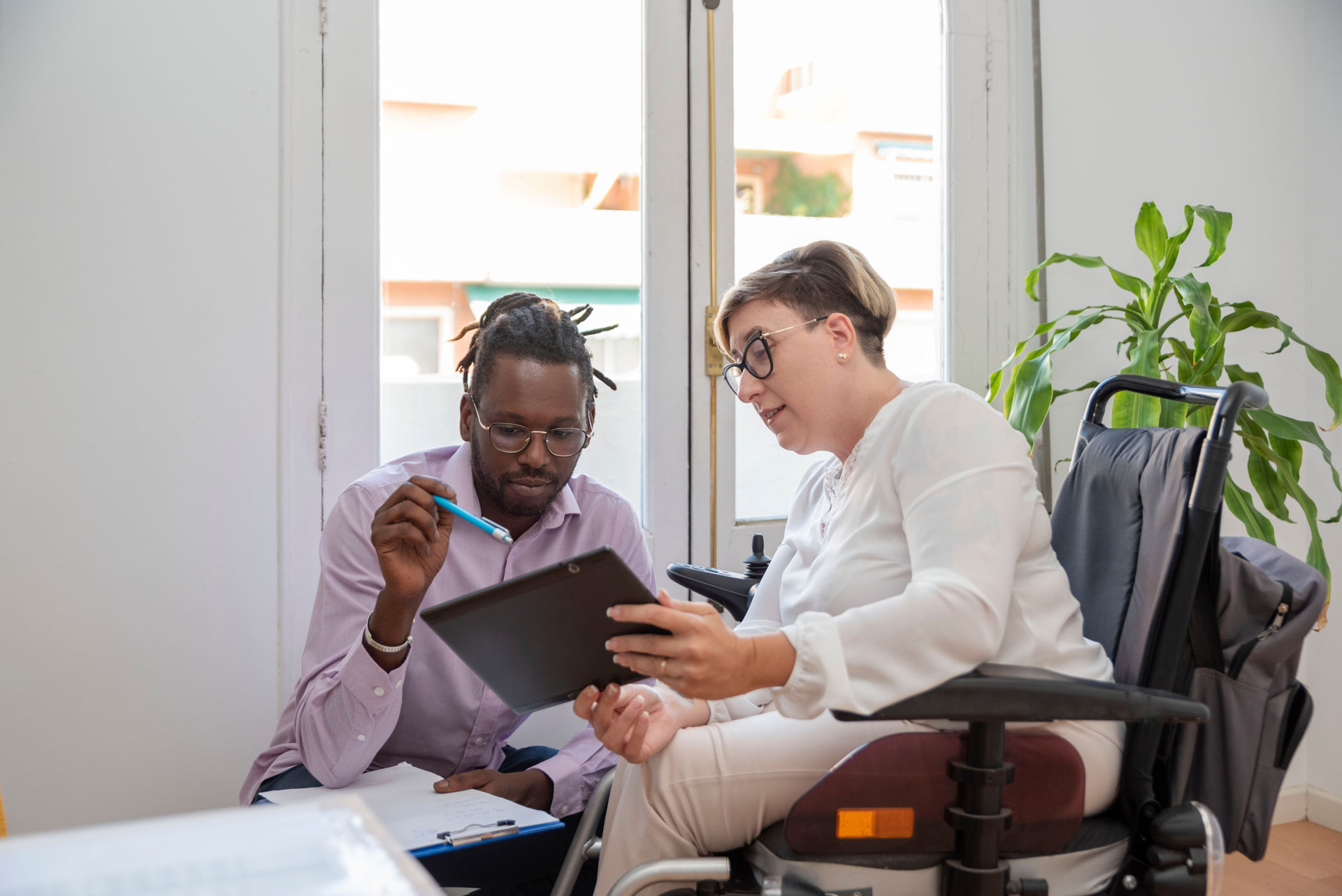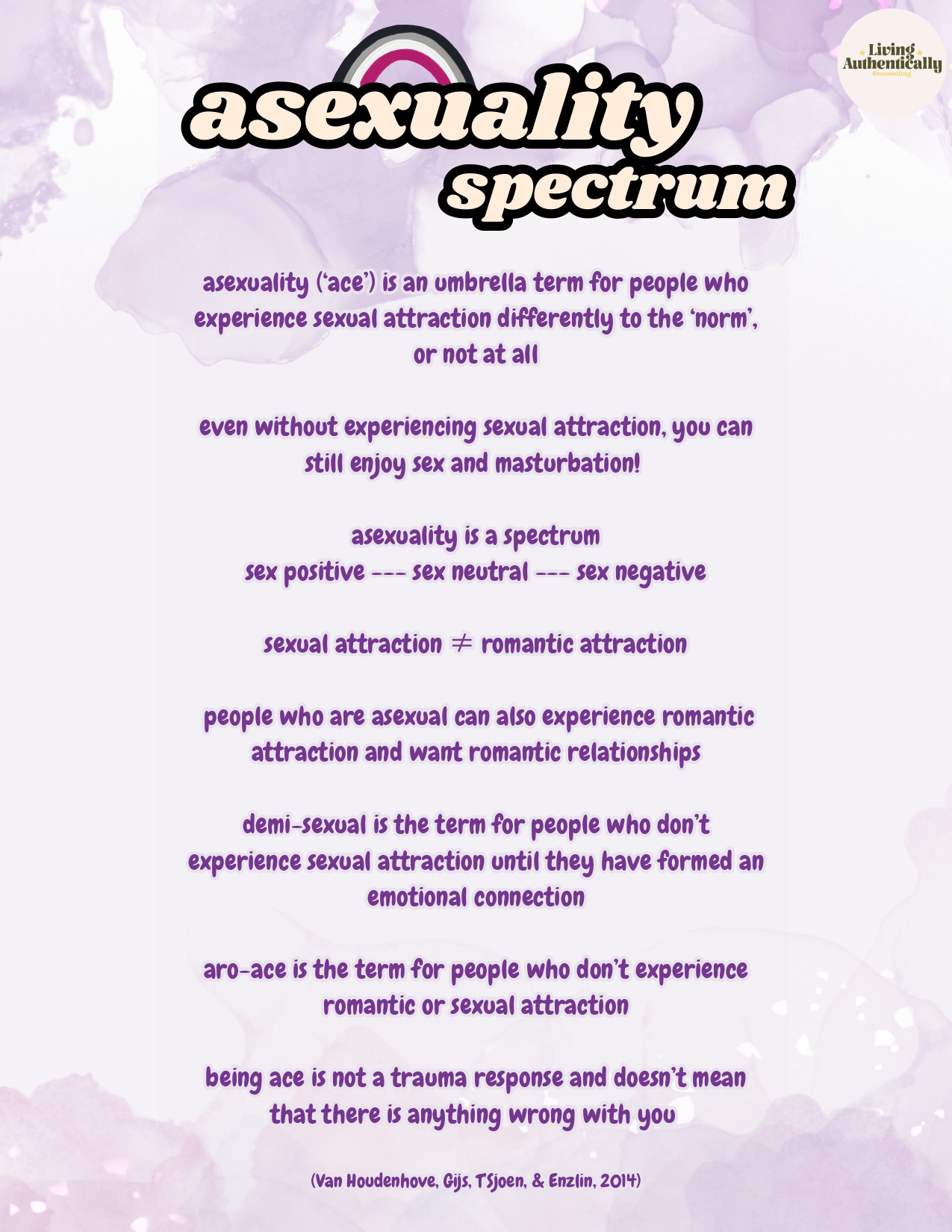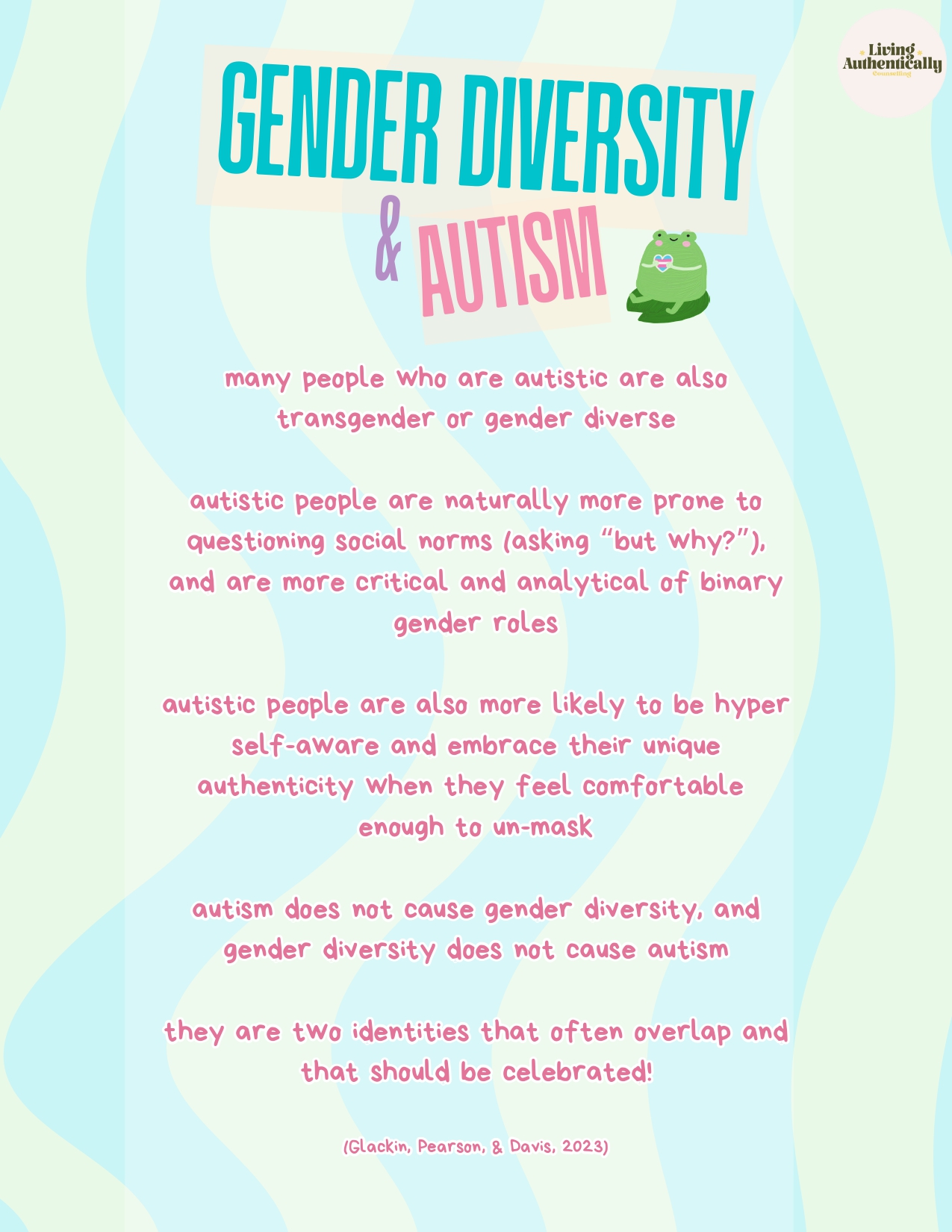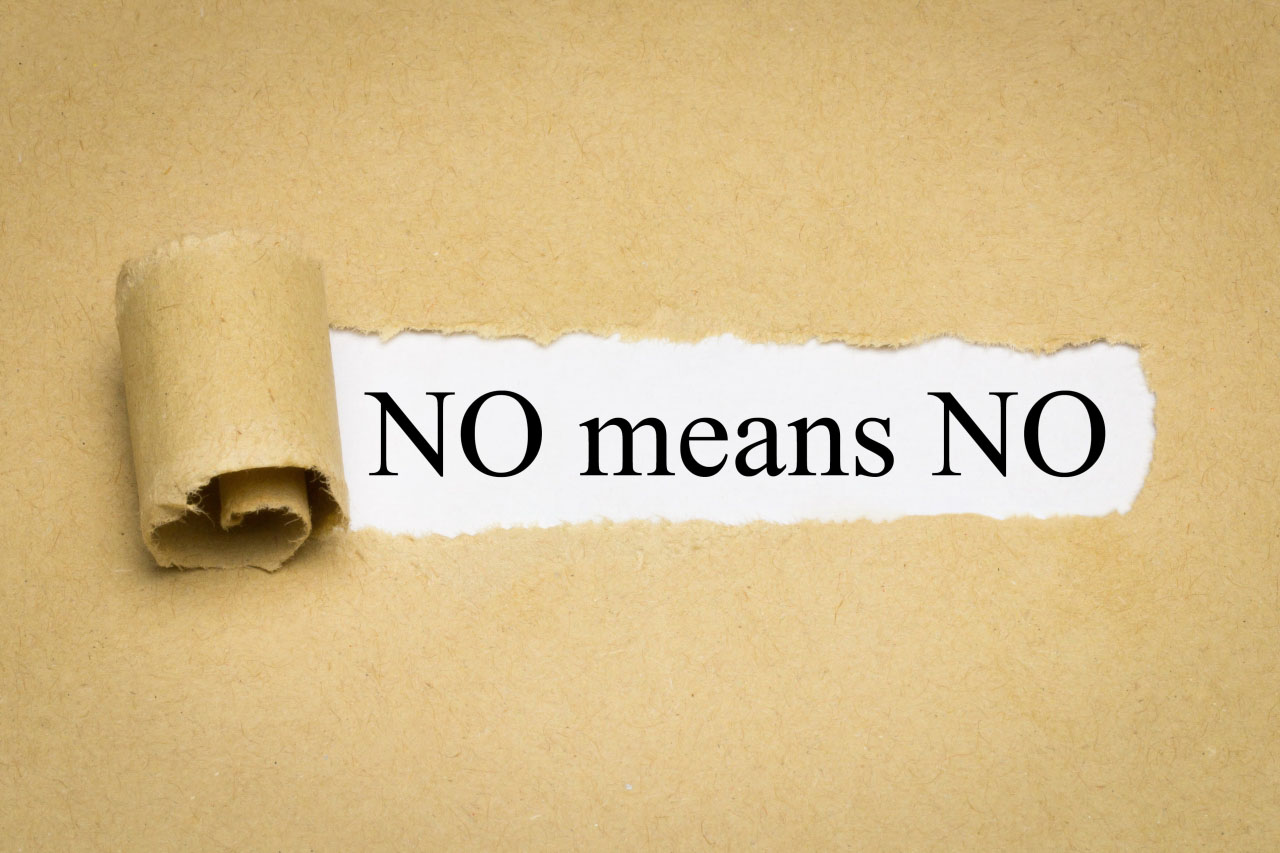Explore our resources
Learn at your own pace. Whether you are looking for answers, exploring your identity or supporting someone else, our resources are here to guide you.

Understanding Dignity of Risk in the NDIS
“Dignity of risk” is a phrase often heard in the NDIS sector, but what does it really mean? At its core, dignity of risk is about recognising that every person, regardless of ability or disability, has the right to make their own choices, even when those choices involve risk.

Asexuality Spectrum
asexuality ('ace') is an umbrella term for people who experience sexual attraction differently to the 'norm' or not at all.

Furries
Furries are people who really enjoy and are interested in animals with human-like characteristics.

Gender Diversity & Autism
Many people who are autistic are also transgender or gender diverse.

Restorative Justice: Healing Sexual Wellness Through Connection
Experiencing sexual harm can be deeply traumatic, and traditional justice systems may feel inaccessible, retraumatising, or impersonal. For survivors, justice isn’t only about punishment, it’s about being heard, acknowledged, and supported to heal.

Safe Conversations: Talking About Sexual Wellness with People Living with Disability - Clinicians
As healthcare professionals, we know that wellbeing is more than physical health alone, it’s emotional, social, and sexual too. Yet, conversations about sexuality and sexual wellness can still feel uncomfortable or uncertain, particularly when supporting people living with a disability.

Neurodivergence and Sexual Wellness
Neurodivergence describes individuals whose brains process information and respond to the world differently from the majority of the population. In contrast, neurotypical individuals process information in ways generally aligned with societal expectations of “normal.”

Consent Can Change - Understanding Withdrawal and Boundaries
One of the most misunderstood aspects of consent is that it’s not a one-time agreement. Even if someone said “yes” earlier, they are always free to say “no” later. Consent must remain ongoing, enthusiastic, and reversible, meaning it can be withdrawn at any time, for any reason.
FAQs
Looking for more clarity before you reach out? Here are some common questions to help you feel more confident and informed.
Masturbation by itself when done privately, safely, and consensually, is not an incident under the NDIS. People with disability have the same rights to sexual expression, privacy, and bodily autonomy as anyone else. However, it can become an NDIS incident (and in some cases a reportable incident) depending on the context: 1. Not an incident - The person is masturbating in private and not causing harm to themselves or others. → This is a normal, healthy behaviour. Support workers should uphold the person’s privacy and dignity. 2. An incident - The behaviour happens in a public or shared space, or in front of others without consent. → This may be an incident because it could cause distress to others or indicate the person needs support or education about privacy and boundaries. 3. A reportable incident - If the behaviour involves harm, coercion, or lack of consent (for example, someone being touched without consent, or the person is being exploited), then it becomes a reportable incident under the NDIS Commission. Also, if a provider’s response to the behaviour involves the unauthorised use of a restrictive practice (like seclusion or restraint), that too must be reported. In summary: Masturbation isn’t automatically an incident. It’s only considered one if there’s harm, lack of consent, privacy violation, or inappropriate response from a provider.
Currently, NDIS funding does not cover sex workers or sexual services. However, it may fund related supports like sexual health education, psychological support, or occupational therapy related to intimacy or relationships.
This doesn’t automatically mean something is “wrong.” It may indicate the person needs: Support understanding privacy. Access to education about appropriate settings. Or sometimes, medical or emotional support if the behaviour is new or distressing. It should be handled respectfully, not punitively.
Absolutely. All people, regardless of ability, experience sexual feelings, attraction, and desire. Acknowledging and respecting these feelings is part of holistic wellbeing. Sexuality is a natural part of being human, and people living with a disability enjoy pleasure, intimacy, and relationships just as much as anyone else. Education, support, and adaptive strategies help navigate barriers.
Yes. There is a growing range of adaptive sex toys and assistive devices designed to make sexual activity and intimacy more accessible for people with physical, sensory, or cognitive differences. These tools aim to accommodate mobility limitations, sensory sensitivities, or difficulties with dexterity, allowing individuals to explore pleasure safely and comfortably.
Learn in a space where your questions are welcome
Join live sessions or watch on demand — all created by professionals who understand the real-world challenges of exploring sexuality, identity and connection.
- Sexuality & identity
- Consent & communication
- Relationships & intimacy
- Confidence & self expression
- Disability & sexual wellness
- Support & education for carers

